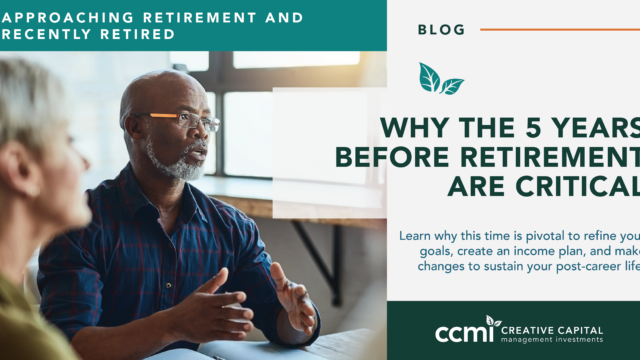From birthday car parades to elbow bumps instead of handshakes, the COVID-19 pandemic has forced us to reevaluate, adapt, and change how we interact in life’s most common situations. Attending school is no exception. With the fall college semester quickly approaching, many students wonder what the college experience they’ve always imagined, or have come to love, will look like in reality. As parents, you may be debating if the inevitable changes will be worth the price of admission. Higher education is a significant investment, so we’ve outlined the questions you and your student should ask before the upcoming school season.
How will classes be conducted?
Many colleges and universities are announcing reopening plans that include new approaches to learning. To keep students and faculty safe, some schools are opting for all-virtual classes, while others will consider a hybrid model that combines online and in-person teaching.
Most first-year students may benefit from in-person teaching to help them learn better and keep them on track. If your child’s classes are all or primarily online, research the resources their school provides to keep them on top of assignments. Find out if they provide tutoring support while following necessary safety protocols.
How will campus living look and feel?
Whether your child is fresh out of high school or a returning student, their idea of campus and college living will be drastically different than what they’ve imagined or remembered. The things that draw students to campus life, such as social activities, sports events, and group dining, will likely be limited or canceled entirely. In addition to presumed mask mandates, how will your child feel about the possibility of attending in-person classes infrequently, single-person dorm room restrictions, and studying primarily online?
Is your college opening?
A small or private school that values intimate classes and connections may have attracted you and your student when first weighing college options. Those same schools may now be struggling to maintain funding support. Ask a lot of questions about your institution’s reopening plans and whether there are changes in the resources that will be available to its students.
Are you prepared for a mid-year closure?
This year will be one of firsts: the first full school year since the pandemic began, the first winter and flu season amid COVID-19, and the first time teachers are contending with the possibility of putting themselves at increased risk in order to support their students. Some schools will make adjustments to their plans in real time. You and your student should prepare for the possibility of mid-year changes, including what to do in the event of student housing closures. Review the fine print of your child’s room and board policies to understand what will happen if the school or on-campus housing closes and if you’ll be entitled to a full or partial refund, if at all.
Should you consider deferring admission for a year?
While schools navigate the new college norm, finalize their reopening plans, and fine-tune their teaching approaches, deferring your child’s admission may sound appealing. There are different ways the pandemic will affect tuition. Some schools may increase it to offset the loss of revenue they’re experiencing. In contrast, others may reduce it to incentivize students to stay enrolled while attracting new students. Talk to your child’s school admission team to discuss your options and any requirements they may have surrounding deferring admission. Starting school early can have benefits, such as more attention during in-person instruction or the chance to graduate on time and begin earning income sooner, or you may determine a year off will be sufficient time for your school to iron out its reopening plans. If your child takes a gap year, how will it be enriching or build skills?
If the pandemic has taught us anything, it’s that not much is certain in these unprecedented times. Leaders and authorities are continually reviewing the landscape and adjusting plans and policies, almost as we speak. As a parent, you’ll weigh your child’s health risks against the prospect of giving them a genuine and well-deserved college experience, however different that may be now.
Higher education is expensive, and combined with a pandemic, unanticipated expenses, and potentially unstable income, you have many factors to consider. We help our clients build financial plans that weather periods of uncertainty and unexpected changes of direction. Contact us to talk through different scenarios and gain peace of mind for you and your family.
CCMI provides personalized fee-only financial planning and investment management services to business owners, professionals, individuals and families in San Diego and throughout the country. CCMI has a team of CERTIFIED FINANCIAL PLANNERTM professionals who act as fiduciaries, which means our clients’ interests always come first.
How can we help you?






